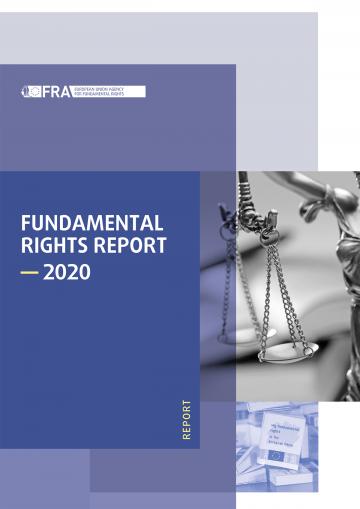The Charter of Fundamental Rights of the European Union has been legally binding for 10 years. At EU level, it has gained visibility and sparked a new fundamental rights culture. At national level, awareness and use of the Charter are limited.
Courts increasingly use the Charter, showing the impact of this modern instrument. But its use by governments and parliaments remains low.
For instance, there is little indication of anyone regularly scrutinising national legislation that transposes EU law for compatibility with the Charter.
The Council of the EU called on Member States to regularly exchange their experiences with the Charter and strengthen relevant national bodies.
However, it is not easy to pinpoint exactly when the Charter applies at national level. This is a key hurdle to its fuller use. Low awareness of its added value compared with existing, long-established legal sources is another serious obstacle.
Legal practitioners who understand the Charter and can put it into practice at national and regional/local levels can help widen its use and improve its implementation. More specialised training of national actors on the use of the Charter is thus essential.
Find out more about related European and national case law, and related provisions in national constitutional law as well as in international law in the Charter section.
In this chapter:
- Why the Charter matters at national and local levels
- The Charter’s added value and its use at national and local levels
- The Charter and the role of national courts
- The Charter and the constitutional review of national legislation
- The Charter and the interpretation of national and European law
- The Charter’s role in national law- and policymaking
- The Charter’s direct horizontal effect
- The Charter in strategic litigation
- The Charter’s use in research, by civil society, and to raise rights awareness
- Main obstacles to more comprehensive use of the Charter
- Extending the Charter’s field of application? A reality check
- Limited training on the Charter
- Limited Charter policies and exchange of Charter experiences
- FRA opinions
